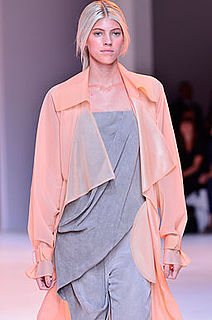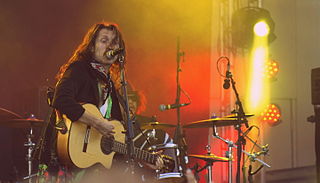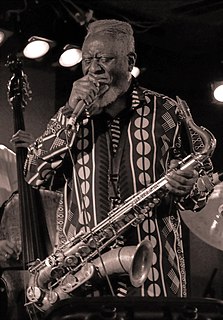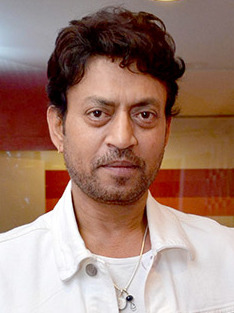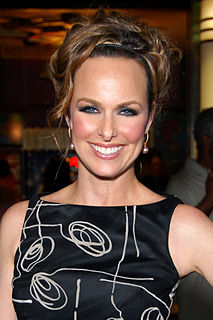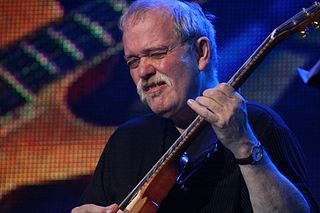A Quote by Jennifer Jason Leigh
Sometimes the work can get in the way and you give a less-good performance, and sometimes it doesn't and you can really get to the heart of something. And all the other stuff is just interesting and adds another layer to your performance. It helps you find the reality. Because you're not just playing yourself, you know? That would be kind of boring.
Related Quotes
If the lecture is good, then everything is too smooth. That's the same in music: if the performance is too good, you really don't enjoy it, because it just goes by, and you can never penetrate into the heart of it. Sometimes a poor performance is better for enjoyment, because you can look at those things that were wrong and analyze them.
You shoot this and it always has something of yourself - sometimes it's more and sometimes it's less. I think after the shooting it depends on who your character is. You definitely learn something about yourself, or you get to know sides that you knew you had, but you had never activated or triggered in a way that allowed you to let them out. Bad and good, all of this is in all of us. But you definitely meet another side or a quarter or ten percent of yourself that you had an idea of, but never really knew about.
When you get to really involve yourself with a piece [script] and the other people and you get to feel like it's a community and you're all building something together, it helps me to produce better work, I think. And there's an exhaustion that happens on a film set - an exhaustion that translates into a relaxation and helps me to live in the moment, in the performance I'm giving and what's happening around me.
I've been getting publishing royalties and stuff like that. I have just been lucky. They come in at the right time. Sometimes they don't, but I am not wealthy or anything like that. I just love to work. I would rather work three hundred and something days out of the year. I would rather be working. They don't know. I love playing. Then I can really get my music together.
...the number one reason knitters knit is because they are so smart that they need knitting to make boring things interesting. Knitters are so compellingly clever that they simply can't tolerate boredom. It takes more to engage and entertain this kind of human, and they need an outlet or they get into trouble. "...knitters just can't watch TV without doing something else. Knitters just can't wait in line, knitters just can't sit waiting at the doctor's office. Knitters need knitting to add a layer of interest in other, less constructive ways.
I always find it kind of more interesting when people ask questions like, "What were you like as a kid?" Or just kind of personal history stuff, like, "What was the lowest point of your life?" Because that would be like, "Huh, well, I'd have to think about that one." And then give an honest answer. I think a lot of people don't want to give honest answers, or they just are in business showbiz mode when they're talking about stuff, so that's probably why a lot of that kind of thing doesn't get asked.
OCD, we discovered is a lot of different things-it's not just washing your hands, it's whatever you're obsessed with. It can be just the way you hold a pen, and you always have to have it a certain way or you have to eat your food, it depends. It's something that, as a character I thought was really interesting because sometimes it's used in a film where it is OCD and sometimes it's strategic.
I have a tape recorder, and I just sing into it. I like to write that way. Sometimes I'll just get melodic ideas, and then I'll go home and sit down and add the lyrics. Or sometimes I'll get a lyric idea that I love. Usually it's pretty combined. Usually I get some kind of a lyrical concept and a melody and work with that.
Performance is really an important part of how I edit. I sometimes take something out because I realize I put in a joke just to be funny and the audience laughed, but I should be ashamed of myself. I sometimes take out sentences, which are perfectly fine on paper, just because they don't flow when I say them out loud. I always read my work out loud now.

